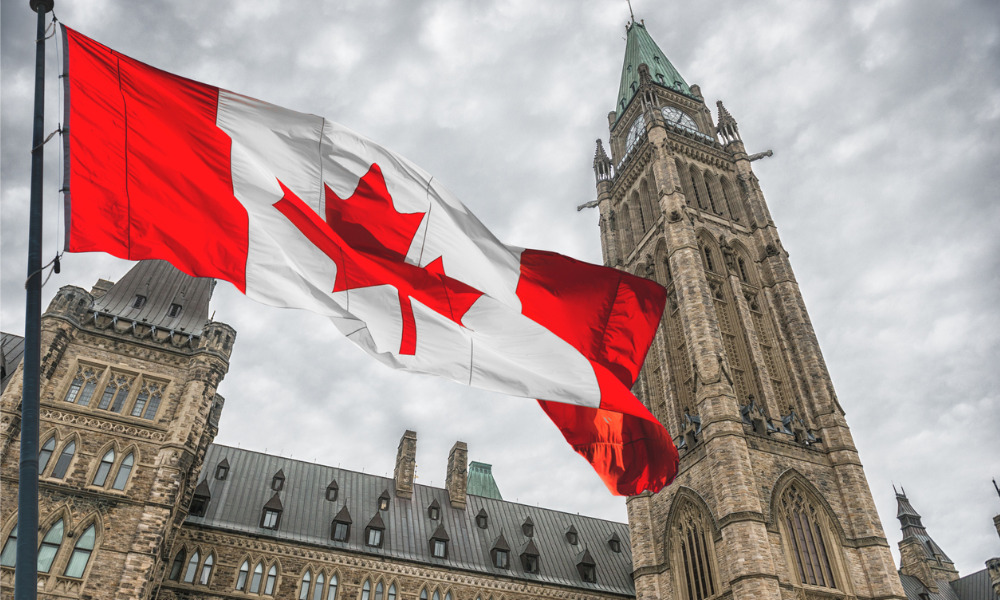
'We just want time to be able to do a better job when we start reporting'

Canadian industries are calling for the federal government to halt the implementation of the Modern Slavery Act, which is slated to take effect starting Jan. 1, 2024.
Canada passed the act – An Act to enact Fighting Against Forced Labour and Child Labour in Supply Chains Act and to amend the Customs Tariff – on May 11, 2023. It will create supply chain transparency and reporting obligations for certain companies as part of Canada’s efforts to fight against forced labour and child labour in Canadian supply chains.
If the act to push corporations to provide greater transparency about their supply chains in order to avoid abetting what critics say amounts to modern slavery takes effect at the start of next year, companies must prepare to report to the minister of public safety and emergency preparedness by May 31, 2024.
However, there are still a lot of things that are unclear when it comes to the reporting process, claims Ben Chalmers, vice-president of the Mining Association of Canada.
"We are not arguing or disputing the principle of what this bill is trying to achieve, or the specifics of what this bill is including," he says in a Reuters report published on CBC. "We just want time to be able to do a better job when we start reporting; that is why we are seeking a one-year extension."
Under the new law, violating companies could face penalties of up to $250,000.
In late February 2017, the French government passed a law requiring companies to establish and disclose plans and processes to address and prevent human rights abuses in their global supply chains. The Netherlands also proposed legislation that would require companies to address risks of child labour in their supply chain.
But even the Canadian government is not ready for the Modern Slavery Act implementation, John McKay, the Liberal member of parliament who moved the bill, said in the Reuters report.
"It's incumbent upon the federal government to be ready to receive their filings and to give advice as to what the filing should contain," McKay says in the report. "I don't think the government is ready yet."
There is still a lack of reporting and procedural guidelines, which mean that the government is not prepared to meet the January launch date, McKay says. This is the case even though he expects most Canadian companies affected by the law to abide by the new rules.
The Modern Slavery Act applies to government institutions as well as any entity that’s
“Every entity must, on or before May 31 of each year, report to the Minister on the steps the entity has taken during its previous financial year to prevent and reduce the risk that forced labour or child labour is used at any step of the production of goods in Canada or elsewhere by the entity or of goods imported into Canada by the entity,” it says.
The report must also include the following information in respect of each entity subject to the report:
Taylor Hannegan, human rights associate; Claudio Formisano, human rights associate director, and Alice Pease, human rights manager, all with the Business for Social Responsibility (BSR), share the following recommendations for businesses to abide by the new law: